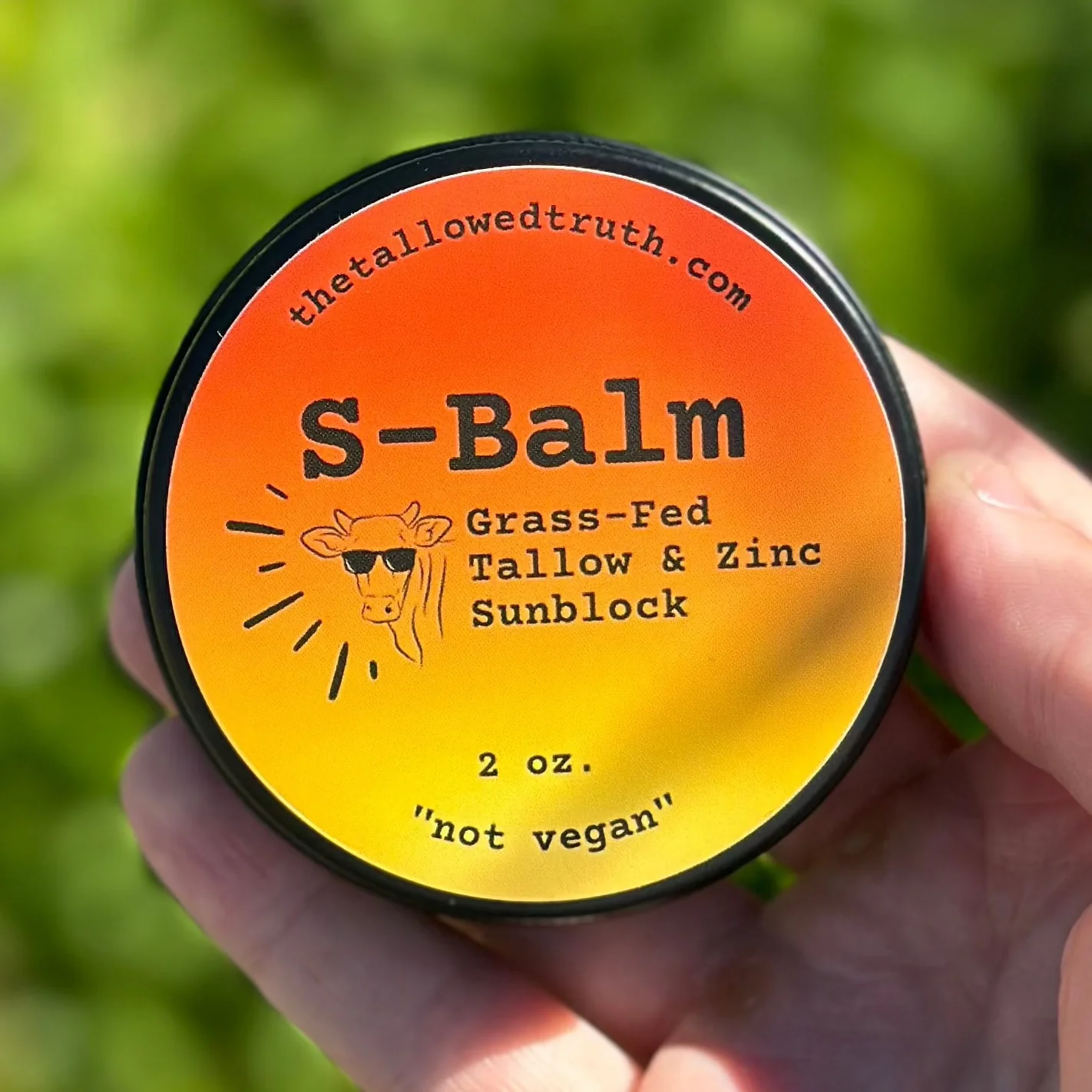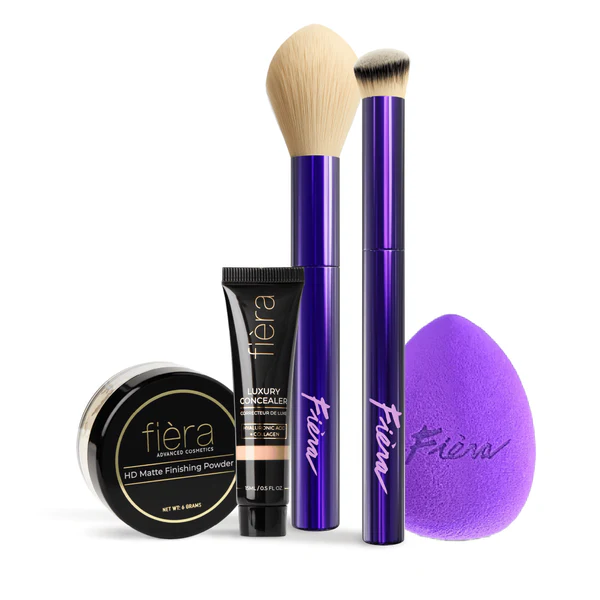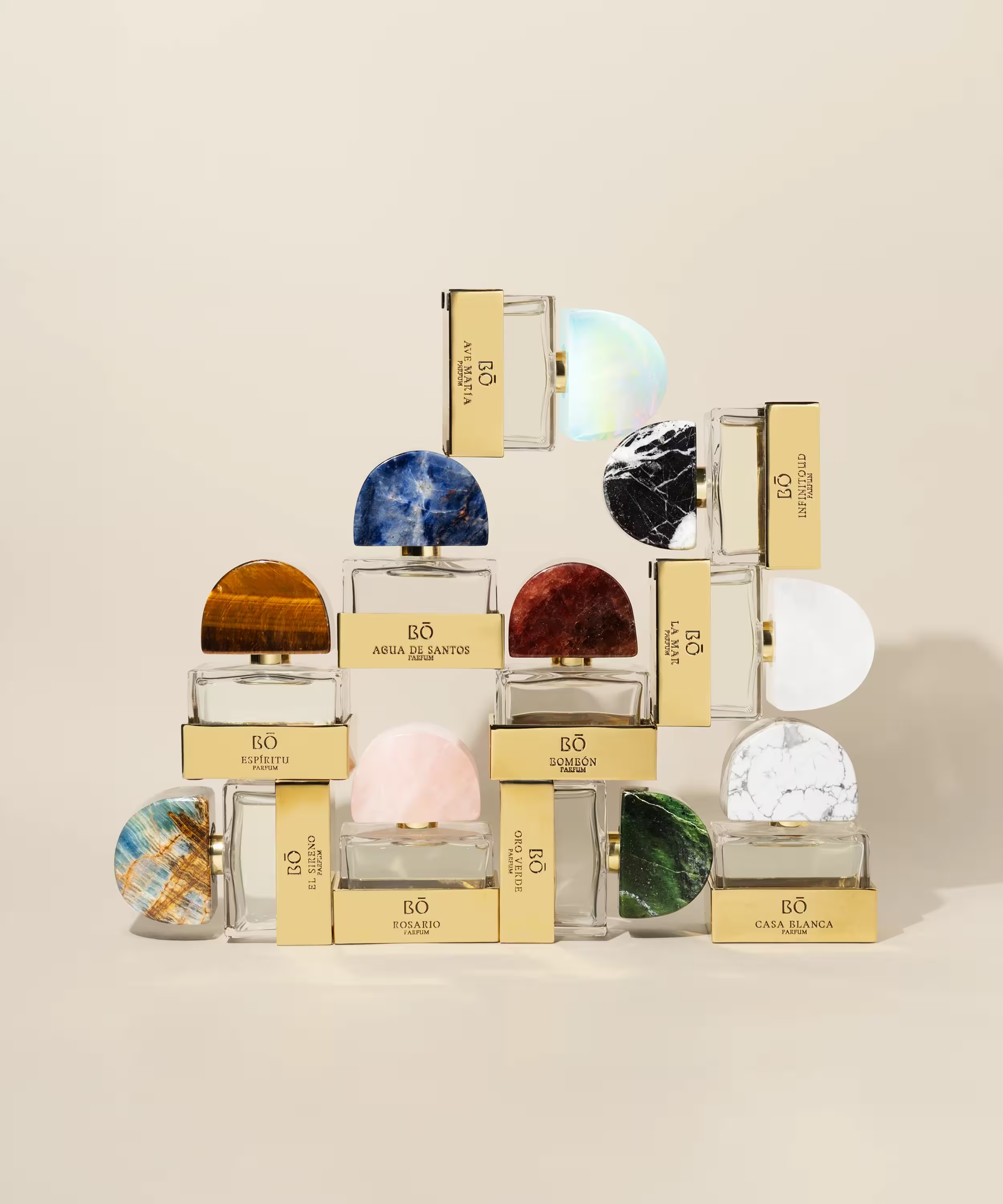Home
Beauty
Direct-to-consumer (D2C) beauty and makeup brands have revolutionized the cosmetics industry by offering innovative products and personalized shopping experiences. These brands prioritize quality, inclusivity, and sustainability. For example, one prominent D2C brand specializes in clean beauty, providing makeup and skincare products with natural and non-toxic ingredients, appealing to health-conscious consumers. Another brand stands out for its wide range of shades, catering to diverse skin tones and celebrating inclusivity. Additionally, some D2C companies prioritize sustainability by using eco-friendly packaging and promoting ethical practices in their supply chain.
D2C beauty and makeup brands are important because they cut out traditional retail intermediaries, allowing them to offer premium products at competitive prices. They also focus on product quality, inclusivity, and sustainability, aligning with the values and preferences of today's beauty-conscious consumers. With their unique features and tailored approaches, D2C brands have transformed the beauty industry, making it more accessible and sustainable for consumers.

Glamnetic is renowned for its innovative beauty solutions, offering a wide range of magnetic eyelashes and press-on nails designed for easy application and a secure fit. Their products are aimed at enhancing beauty routines with convenience and style, catering to diverse tastes and preferences in eyelash and nail aesthetics.

Glow Recipe delivers fruit-powered, clinically effective skincare rooted in Korean beauty philosophies, with products like the Watermelon Glow line and Cloudberry Bright Cream. All items are vegan, cruelty-free, and packaged sustainably—reflecting their clean beauty mission and carbon-neutral commitment. Available at Sephora and key global retailers, Glow Recipe merges playful textures with meaningful results and inclusive messaging

The Tallowed Truth revives age-old skincare wisdom with modern tallow-based formulations, blending Canadian grass-fed tallow with simple, edible ingredients like honey, beeswax, and olive oil to deliver deeply nourishing, skin-compatible moisturization. Their products—including anti-aging balm, body butters, and sun care—are crafted for transparent, performance-driven skincare rooted in ethical sourcing and clean, minimalist design.

Rare Beauty is an inclusive, vegan, and cruelty-free makeup brand founded by singer and actress Selena Gomez in 2020. The brand aims to break down unrealistic standards of perfection and promote mental health initiatives. Rare Beauty offers a diverse range of 48 foundation and concealer shades, as well as other makeup products like liquid blush, lip oils, and body care.

Depology is a skincare brand known for its advanced anti-aging solutions, including innovative micro-dart patches and peptide-rich serums. Blending Korean skincare technology with clinical-grade ingredients, Depology targets fine lines, wrinkles, and hydration at the source. It’s science-backed skincare designed for visible, lasting results.

Truly Beauty is a clean beauty brand that combines vegan ingredients with high-end actives to deliver real results. They offer a range of skincare, body care, and hair care products. These products are designed to nourish your skin and enhance your natural beauty. Truly Beauty focuses on creating products that look and smell great while being effective. All their products are cruelty-free and made with clean, high-quality ingredients.

Fièra Cosmetics develops premium beauty and skincare solutions designed for women over 40, addressing unique skin needs with formulas that smooth fine lines, enhance radiance, and provide lasting coverage. Their product range includes concealers, serums, and finishing powders—all created to boost confidence and celebrate timeless beauty.

House of Bō creates artisanal, gender-neutral fragrances that blend clean beauty with luxury craftsmanship. Each scent is made with sustainably and ethically sourced ingredients, encapsulated in beautifully designed refillable bottles. The brand bridges tradition and modernity, offering a mindful yet indulgent fragrance experience.
Creating a successful Direct-to-Consumer (DTC) beauty brand in today's competitive market requires a blend of strategic product development, savvy marketing, and an exceptional customer experience. Here are key factors that contribute to making a winning DTC beauty brand:
A winning DTC beauty brand clearly communicates its Unique Value Proposition—what sets it apart from competitors. This could be a focus on sustainability, a commitment to using all-natural ingredients, or innovative product formulations. The UVP should resonate with the brand's target audience and be reflected in every aspect of the business.
The core of any beauty brand is its products. Successful DTC beauty brands invest in research and development to create high-quality products that deliver on their promises. This includes efficacy, safety, packaging, and the overall user experience. Products should cater to the specific needs and preferences of the target demographic.
A compelling brand identity and storytelling are crucial. This involves a consistent and appealing aesthetic across all platforms, engaging content that tells the brand's story, and a tone of voice that connects with the target audience. Storytelling helps to build an emotional connection with customers, making them more likely to remember and choose your brand over others.
A winning DTC brand maximizes its online presence through a user-friendly website, strategic use of social media, and engaging digital marketing strategies. This includes SEO-optimized content, influencer partnerships, and targeted ads. The online experience should be seamless, from discovery to checkout, with mobile optimization being a key consideration.
Personalization enhances the customer experience by making shoppers feel valued and understood. This can include personalized product recommendations, customized packaging, or tailored beauty regimens. Advanced data analytics can help in understanding customer preferences and behavior, allowing brands to tailor their offerings accordingly.
Building a community around the brand can foster loyalty and advocacy. This can be achieved through social media engagement, loyalty programs, and by creating spaces for customers to share their experiences and connect with each other, such as online forums or beauty events.
Sustainability and ethical practices are increasingly important to consumers. A winning DTC beauty brand incorporates these into its business model, from sourcing ingredients and manufacturing processes to packaging and distribution. Transparency about these practices can further build trust and loyalty among consumers.
Efficiency in operations and having a responsive supply chain are essential for meeting customer demand and expectations. This includes effective inventory management, fast and reliable shipping, and the ability to quickly adapt to market changes or supply chain disruptions.